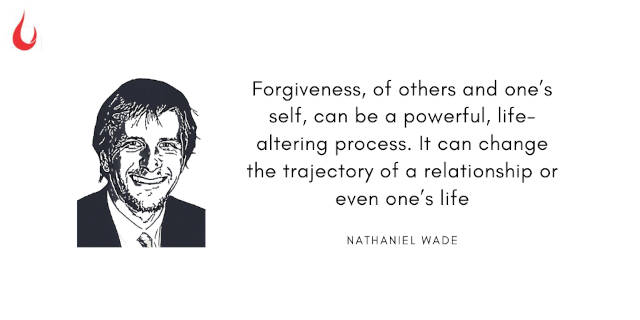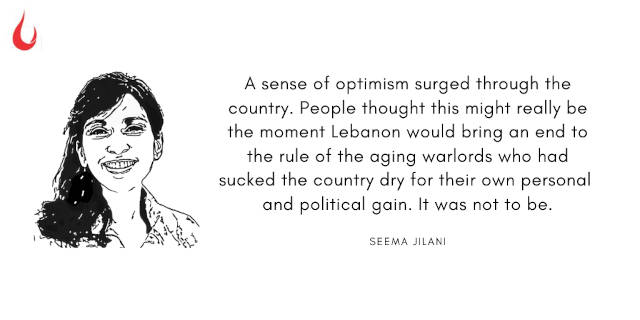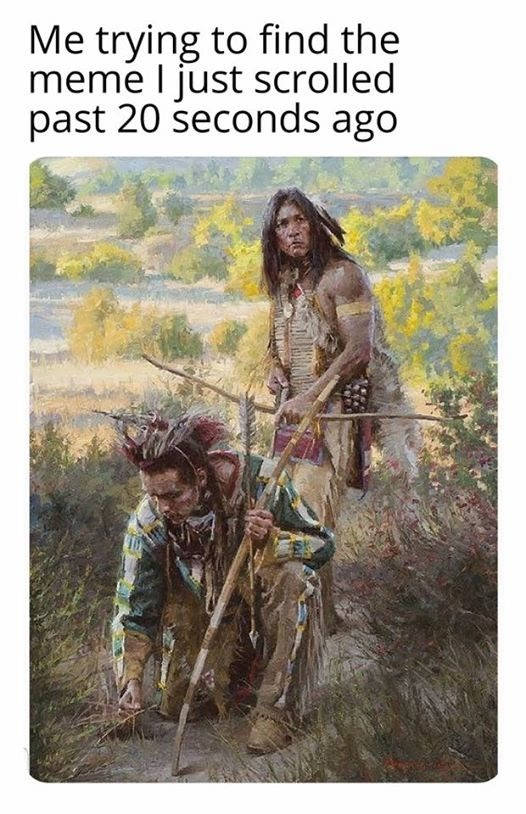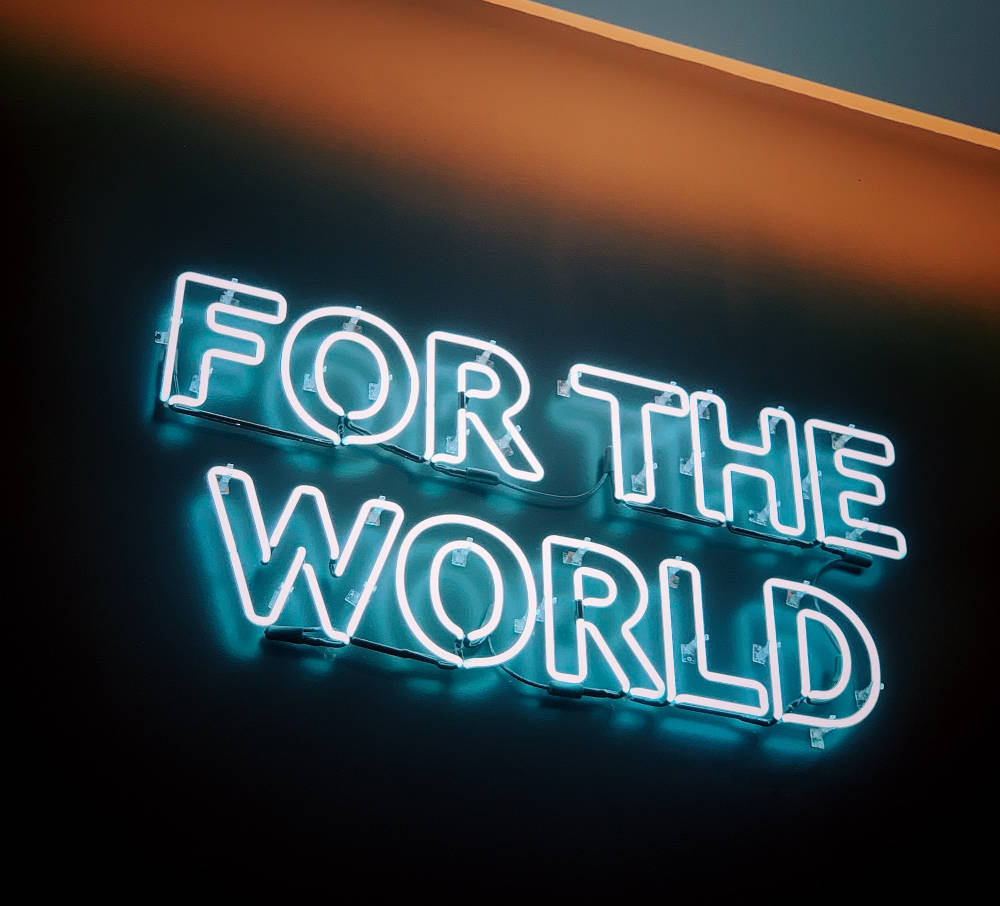[Photo by Jon Tyson on Unsplash. Cropped from original]
Good morning,
We often worry about some of the world’s toughest problems—poverty, equality, malnutrition—and feel that we have to do more. At the same time, we are also acutely aware of the obligations to people close to us. What does one do?
In his book, World 3.0, Pankaj Ghemawat discusses this problem with a lens provided by philosopher Kwame Anthony Appiah. But the answer itself is simple. Appiah’s position, Ghemawat writes, “is that we have duties to strangers by virtue of our shared humanity, and we also have additional obligations to particular people and communities that are close to us by virtue of our relationships with them.” Appiah uses the term rooted cosmopolitanism to describe the idea.
How to balance both? Ghemawat suggests some flexibility and gives the example of his daughter, Ananya, who was attending school in Barcelona at the time of writing the book.
“Ananya is a very (rooted) cosmopolitan soul with a keen yearning to help the world's neediest, but she does have to finish high school in Barcelona. So she helps out at a local center for the children of immigrants while nursing hopes of spending a summer doing social work in India.”
In this issue
- Why we should learn the difference between forgiveness and reconciliation
- When a disaster hits home
- The trouble with social media algorithms
Have a great week ahead!
Why we should learn the difference between forgiveness and reconciliation
Nathaniel Wade, a professor in psychology at Iowa State University, makes a distinction between
- forgiveness: “an internal process by which someone resolves bitterness and hurt, and moves to something more positive toward the offending person, such as empathy or love,” and
- reconciliation: “a process through which people re-establish a trusting relationship with someone who hurt them.”

He says, in his own personal life, and in the lives of his clients, seeing forgiveness and reconciliation as a separate process helped immensely. He writes:
“For example, Jo (not her real name) was reeling from a fiancé who stole $10,000 from her and then vanished. There was obviously no way for Jo to work on reconciliation, even if she had wanted to, and yet with this distinction, she could see how she might still move forward with forgiveness.
“On the other hand, Maria, who was working to forgive her adult daughter for hurtful things she had done, wanted to keep the relationship; she was very interested in reconciliation. Understanding the difference helped her to see that she could work on both forgiveness and reconciliation in different ways to help heal her relationship with her daughter.”
Dig Deeper
When a disaster hits home
In an essay in the New York Review of Books, Seema Jilani, a paediatrician, humanitarian aid worker and a resident of Beirut, Lebanon, along with her husband and daughter, shares what she went through on the fateful August 4 when an explosion shook and shattered the city. She weaves in the recent political history of Lebanon too.

Here’s an excerpt:
“‘Iman is hurt. She needs you,’ said Dion, breathing heavily. He is usually the calm one, the stoic one, the one I have to beg to show some emotion in an argument. The change in his voice would have been indistinguishable to anyone but me, but I started shaking when I heard it.
“I turned back to the injured girl. Never in my medical career had I ever left a patient in need. I have been in war zones, from Afghanistan to Gaza to Iraq, but never with my four-year-old daughter. The reality of the situation was swimming into focus for me: choices had to be made. Even as I decided what I had to do, I knew I would be replaying this moment for years to come.
“‘I’m so, so sorry, but my daughter is hurt,’ I said to the girl. ‘I will stabilize you, but I have to go to my daughter.’”
Dig Deeper
The trouble with social media algorithms

(Via WhatsApp)
Do you also find it difficult to spot an interesting tweet or meme once it scrolls past you on Twitter? Tell us about it. Head to our Slack channel.
And if you missed previous editions of this newsletter, they’re all archived here.
Bookmark Founding Fuel’s special section on Thriving in Volatile Times. All our stories on how individuals and businesses are responding to the pandemic until now are posted there.
Warm regards,
Team Founding Fuel

